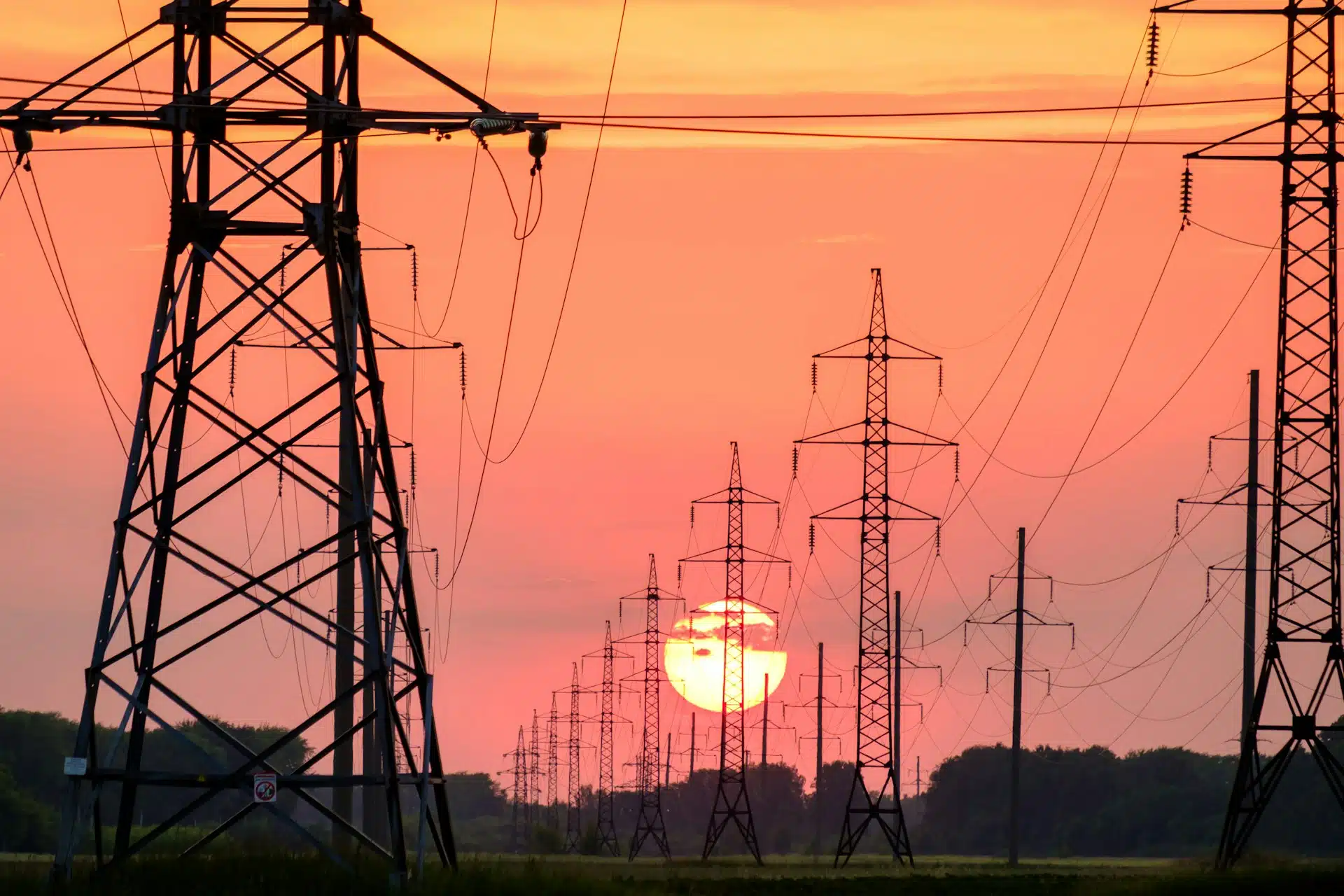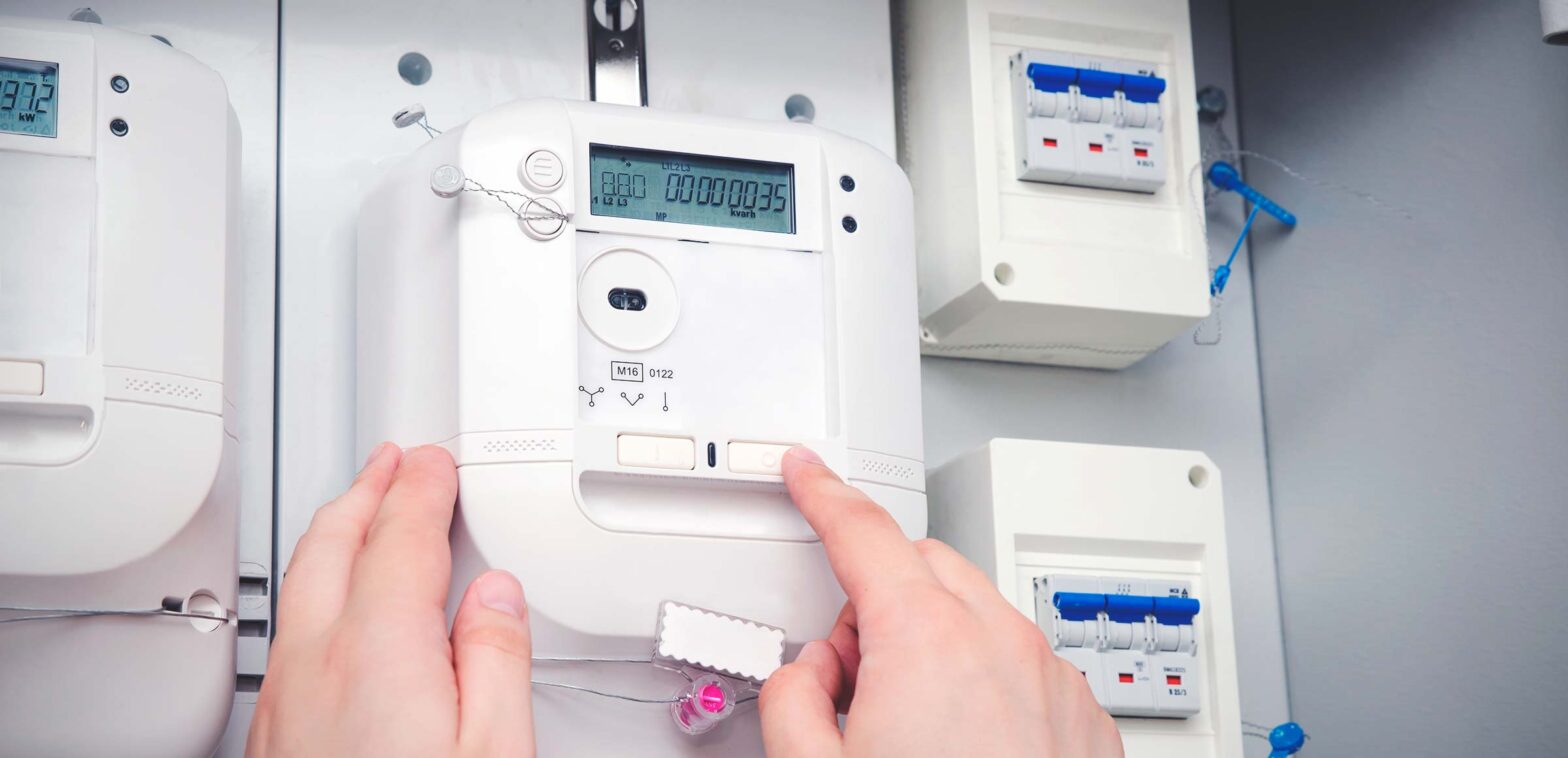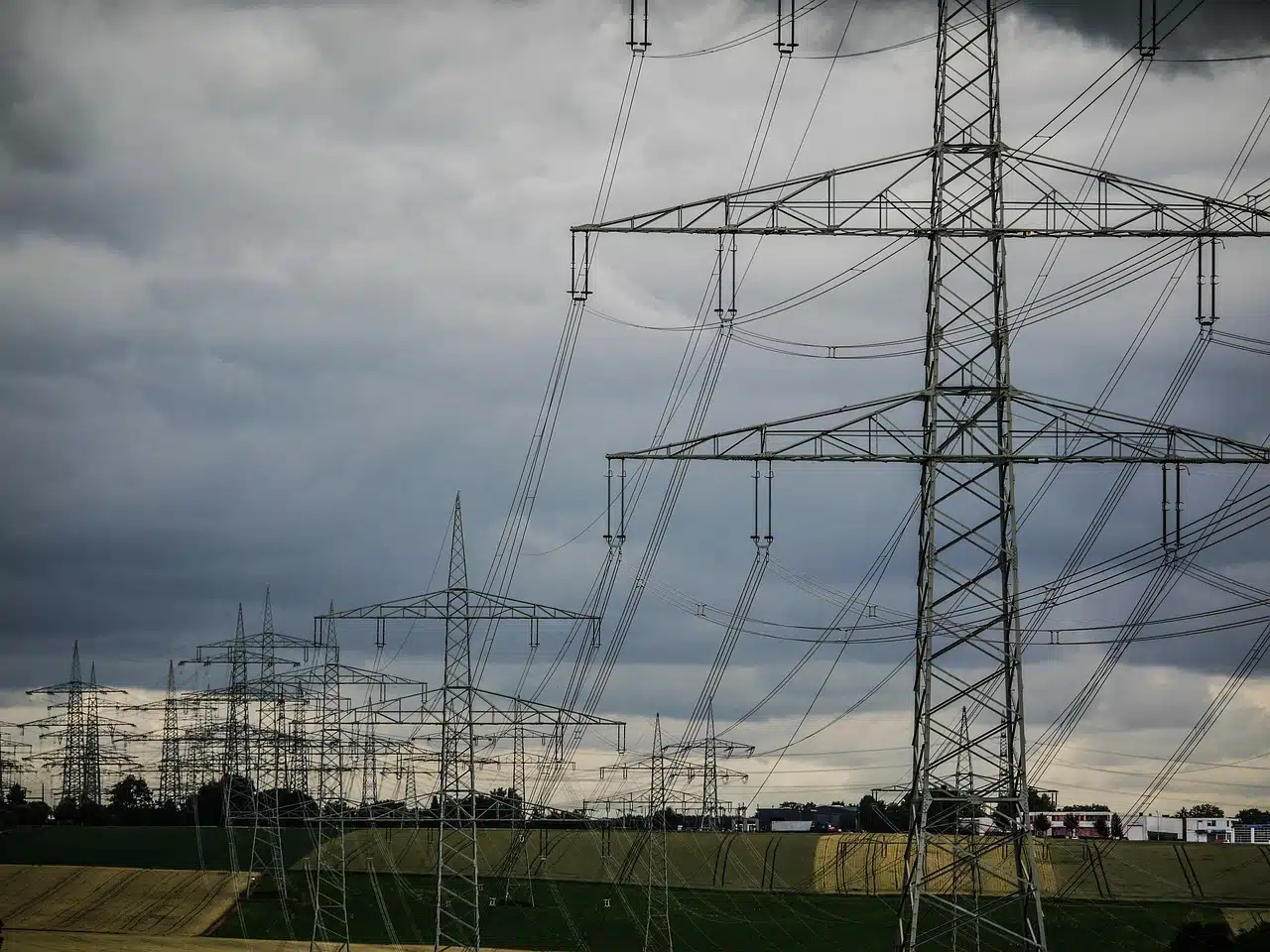The Sweden Development Finance Institution, Swedfund, allocated a $1.2 million grant to Zambia to support its energy infrastructure, according to Zambia’s local newspaper.
This funding targets technical studies and implementation support for modernizing Zambia’s National Control Centre (NCC) and advancing power quality and renewable energy initiatives.
The investment aligns with Zambia’s ambition to enhance energy reliability and sustainability, addressing critical challenges in its power sector.
In the bid to establish clean energy projects and support infrastructure, Zambia invited UK investors to improve its renewable energy.
The investment impact on Zambia’s National Control Centre
Zesco Limited, Zambia’s state-owned power utility, will use a portion of the grant to upgrade the NCC, used for managing the nation’s electricity grid.
The NCC oversees real-time power distribution, ensuring stability across Zambia’s heavily hydropower-dependent grid.
According to the World Bank, this accounts for 80% of the country’s electricity generation.
The recent droughts have exposed vulnerabilities in this reliance, prompting Zambia to diversify its energy mix.
Therefore, the grant will fund technical studies to modernize the NCC, improving grid efficiency and resilience.
The upgrade will leverage advanced technologies, including artificial intelligence, the Internet of Things, and real-time data analytics to optimise grid operations.
In addition, improvements in power quality and renewable energy projects will support the integration of clean energy sources into the grid.
Impact on Zambia’s energy sector
Moreover, this grant will help Zesco to manage power quality issues, ensuring renewable electricity reaching Zambian houses is not only clean but consistent and dependable.
“The approved grant comes at a critical time and will facilitate essential pre-implementation work, including comprehensive technical studies that will define the optimal solutions for supporting the Government’s ambitious agenda of energy security through a more diverse energy mix”.
“Zambia, and Zesco in particular, has benefited significantly from Sweden’s technological expertise, most notably through the network manager system, which has been instrumental in managing our transmission grid for over a decade,” said Zesco managing director Justin Loongo.
The integration of solar and other renewable sources into Zambia’s grid will reduce dependence on hydropower.
Meanwhile, Zambia’s electricity access has risen from 30% in 2017 to nearly 50% in 2025, as stated by the World Bank, yet half the population remains unconnected, necessitating innovative solutions like off-grid solar systems.
However, the Zambian government is also partnering with international organizations to bring electricity to 8.5 million citizens by 2030 through off-grid solar solutions.
Loongo said that by modernising Zesco’s systems, it is not only enabling today’s demands but also building the foundation of smart cities, resilient infrastructure, and a net-zero future.










